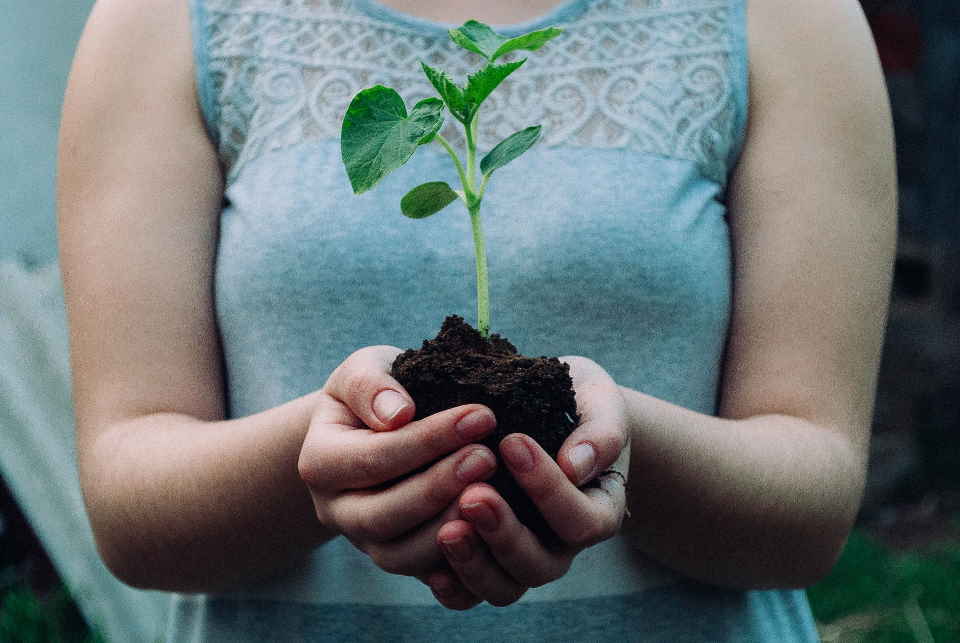Looking back to this time last year, we were all at the beginning of our lockdown journeys. Suddenly, things we took for granted could no longer happen and we had to adapt to new ways of being. Sound familiar?
Change has a way of unsettling us and reminding us that the future is unpredictable and uncontrollable. We humans are not at our most comfortable when in this position! We usually feel better when we have an idea of what is coming so that we can prepare. To a certain extent, we have to almost train ourselves to let go of the what ifs and stay in the present moment. This is where mindfulness can be so helpful.
One of the things which so many of us reached for in March last year was gardening. We saw the warmer weather and the change of the seasons as an invitation to get involved and this makes total sense. Gardening is a hopeful act.
When we plant a seed, nurture a plant and weed a flower bed, we are investing our time in the future. We are taking action today for something that we hope will bear fruit in the months to come. In doing this we are telling ourselves that there will be a future and that we will have some part of it.
We all need hope: the belief that things will change and that we can do something about it.
How do we cultivate this mindset? To some extent this too is an investment of time and effort. You may have come across the work of Professor Carol Dweck who has done extensive work on mindsets and has coined the terms “fixed mindset” and “growth mindset”. If we have a fixed mindset, we believe that things are just how they are, that we have no control or influence. A growth mindset says that we have the power to change; it says that when we struggle, this helps us grow.
Imagine you are trying to learn ice skating and fall over repeatedly. “I can’t do it!” you cry. If we apply a growth mindset, we say “I can’t do it yet.” When we add yet, we allow the possibility that things will change. If we practise, if we plant the seeds and put in the time, then there is the possibility that the can’t will turn to can.
This idea of adding yet is incredibly powerful – particularly for children who might be struggling with school work or learning a new skill. It is so easy to become disheartened when we fail or make mistakes. If we encourage a growth mindset, we change the story. Anything is possible.
I hope you have some seeds to plant this Spring and can engage in some hopeful acts.
Below is a video of Professor Carol Dweck in action, and her TED talk, the Power of Yet and the impact of a growth mindset and how to promote persistence and these ways of thinking.

